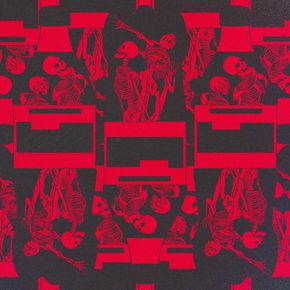Green solutions in recycling and fashion and shoes spreading seeds
Scientists from the Polytechnic Institute and Virginia State University have invented a way to transform old plastic into surfactants. They are vital ingredients in products such as lubricants, ski wax, detergents and soap. Researchers can produce about half a gram of surfactant at a time and are looking for a way to scale up this process.
The European Commission’s proposed mandatory target of including at least 25% recycled plastic in new cars has been met with praise from recyclers and scepticism from car manufacturers and the plastics industry. Currently, an average car contains between 150 and 200 kg of plastic.
Oxfam has launched its annual Second Hand September campaign, encouraging people to shop at second-hand stores and donate clothes they no longer need. If Britons did half of their shopping in second-hand stores, they would prevent 12.5 billion kg of carbon dioxide emissions. This is the amount of CO₂ produced during 261,000 flights from London Heathrow to Athens. Meanwhile, shoes equipped with Rewild the Run 3D-printed soles spread seeds to help nature. The sole is covered with small loops that act like hooks, grabbing the seeds and carrying them along as you walk or run. The loops mimic how some types of seeds get caught in the fur of wild animals.

























